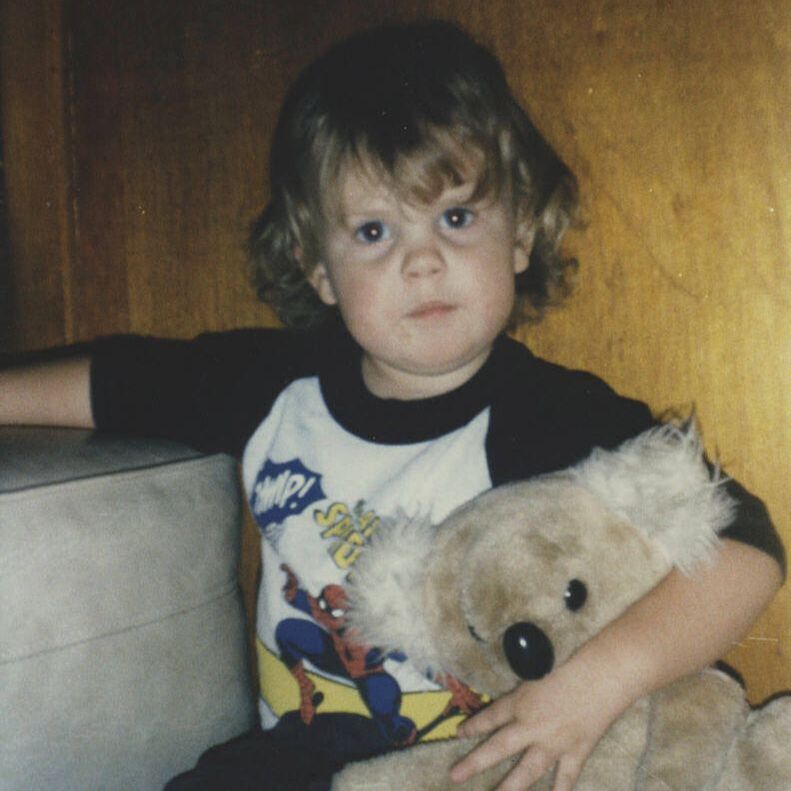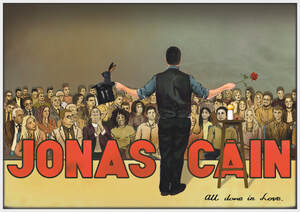|
“I don’t think your friends like me.”
“What makes you think that?” I responded, surprised by what my girlfriend was saying. “They didn’t even say anything to you.” “Exactly. They wouldn’t even look at me.” We had just run into some of my friends and, after speaking with them briefly, I was shocked by her experience of what I had thought was a pleasant interaction. She was right, though; they didn’t even acknowledge her, and there was no defending it. I know they meant no ill-will, but regardless of the intent, the impact that landed was disrespect. This conversation happened two decades ago, and yet it still impacts me and influences how I interact with others. It’s often said that respect must be earned, not given. This can lead us to offer respect to people because of things like who they know, what they know, what they can do, what they have, and how they’ve lived their life—all of which can be positive reasons to offer respect to another person. Yet there can be other reasons for showing respect to others, reasons that can be freely offered regardless of their perceived authority. This kind of respect is extended as a courtesy towards others simply for being human, and it can be as simple as looking someone in the eye, offering a friendly smile, and saying “hello.” Reflection Who do you respect? And how do you demonstrate it? When the muggers shoved me against the side of the van in Pittsburgh and demanded I give them my wallet, my only thought was how to get out of the situation as fast as possible without getting hurt.
This was my first visit to the Steel City, and it wasn’t exactly starting off on a positive note. We had just finished unloading the band’s equipment into the club and I went back to the tour van to grab one final suitcase before setting up for my magic performance. This was also my first time touring as an opening act, and while it was an amazing opportunity, it also introduced me to the sometimes-cruel realities of the world. When the muggers approached, I was all alone—an easy target. I felt defenseless. Scared. Violated. Disappointed. Disappointed, because just earlier that day we visited a record store and I nearly bought the album Horse With No Name, but in an effort to be frugal I decided not to. Instead, I just got The Button-Down Mind of Bob Newhart. With the wallet being stolen, however, frugality didn’t really matter. In hindsight, it would have been better to tie up the money in vinyl rather than paper. Considering the circumstances, it was rather disappointing. But mostly, I was scared. It’s been said that the same things that make us laugh can also make us cry, and though some may criticize laughter as nothing more than a defense mechanism that deflects problems instead of actually dealing with them, I contend that laughter can be a worthy tool to enrich the good times and help make the bad times a little more bearable. So in the days following the mugging, I took some time to process what had happened and soon found a way to laugh about it. I mused: “The Steel city should really be called the ‘Steal’ City.” (Maybe not the most brilliant joke, but it did provide worthy medicine to relieve the sting of the situation.) The difference between a positive mindset and a negative mindset is that a negative mindset looks for problems and focuses on what’s wrong without caring to do anything about it, while a positive mindset takes stock of the available opportunities, resources, skills, and knowledge and then uses these tools to grow forward. (And the difference between real positivity and toxic positivity is that toxic positivity simply shoves problems into a closet and puts on a smile without actually doing the work to grow from it. In other words, it’s not enough to laugh in face of adversity without also doing something to back it up.) We may not be able to control what happens to us, but what we can control is our experience of what happens. A positive mindset empowers us with an internal locus of control, encouraging us to approach challenges with fascination, curiosity, and wonder. This imaginative attitude may be in stark contrast to those with a realistic “button-down” approach—those who might otherwise prefer to be right rather than to be happy—but just as the horse with no name was let go to run free, so too did I let the nameless muggers go, putting down the poison of resentment to starve the victim mentality that might otherwise keep me entrapped in a loop of negative rumination. Reflection When things don’t go as planned, do you tend to approach it with a positive mindset or a negative mindset? How might choosing fascination over frustration help to improve your experience of such disappointments? There may be nothing romantic about a dead mouse, but the day I came home and discovered one on my doorstep, my heart welled with love.
Mr. Scoots is an orange cat who lives in the barn behind my apartment building. He got his name because whenever anyone comes near him, he scoots away. Hence the name Mr. Scoots. One day this past winter I met Mr. Scoots in the parking lot and instead of scooting away as usual he simply looked up at me and meowed the meekest meows I’d ever heard. It was adorable! And a big deal, because Scoots never meows and certainly never doesn’t scoot. It was the first major snowfall of the season and one of the coldest days yet. Considering the circumstances, his out-of-character behavior could mean only one thing. Mr. Scoots was asking me for help. Since that day I’ve kept a close eye on him to make sure he has food and water every day. I also invite him to come inside out of the cold, but he always politely declines the invitation. He is Mr. Scoots, afterall. Yet despite the coyness, I can tell he appreciates the help I offer. The way he meows excitedly when I come home, rolls around on the ground showing me his belly, and looks at me with those precious eyes.Oh my goodness those precious eyes! But most of all, I know he appreciates my kindness because cats have a funny way of expressing appreciation. As a gesture of their gratitude, they are apt to present their favorite people with a dead mouse. So the day I discovered a dead mouse on my doorstep I knew it could mean only one thing. Mr. Scoots truly appreciates my kindness. Gratitude is a valuable gift that can transform the experiences of everyone involved. It signals to the other person that you acknowledge their kind gesture, making them feel appreciated and valued, and it also signals to yourself that what you have received is a valued gift. Sure, even if Mr. Scoots never demonstrated his cat-like gratitude, I’d likely still watch out for him, but how often have we forgotten to recognize the kindness of others, discouraging them from continuing such positive behavior by ignoring the generosity of others and instead biting the proverbial hands that feed us? Without gratitude, we risk falling into a scarcity mindset that can never satisfy; and yet, with an attitude of gratitude, it can turn what we have already received into more than enough. Reflection How do you express gratitude for the kindness of others? |
AuthorI'm a mirror (and so are you). Topics
All
Archives
February 2022
|


 RSS Feed
RSS Feed
